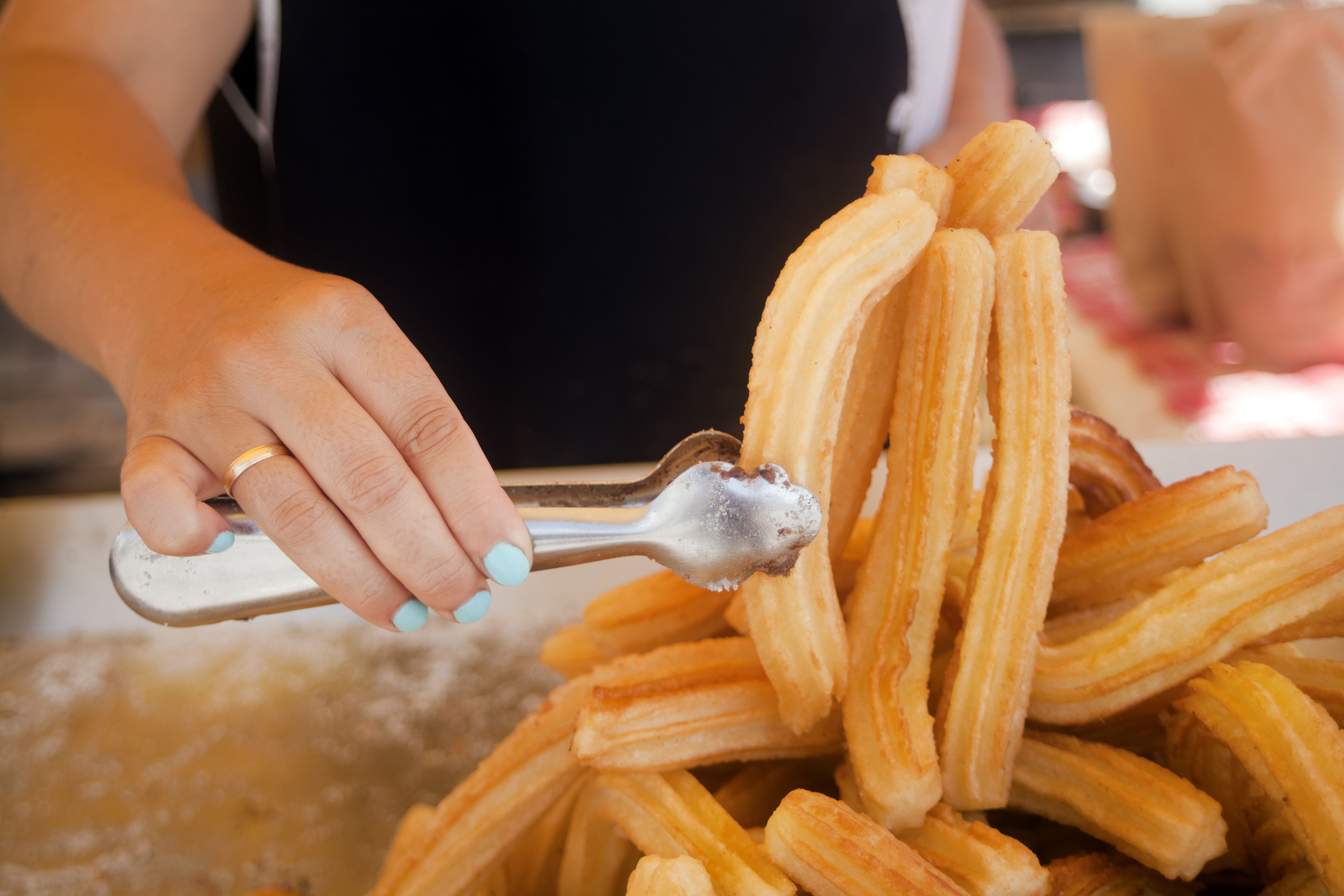First-Ever Survey of NYC’s Female Street Vendors Reveals How Terrifying the Job Can Be

Credit to Author: Jelisa Castrodale| Date: Tue, 29 Oct 2019 19:33:59 +0000
The Street Vendor Project, an advocacy organization that provides support to the more than 10,000 street vendors in New York City, has released a first-of-its-kind survey that hopes to provide some insight into the challenges, fears, and overall experience of some of the city's female vendors.
During a seven-month period, the Street Vendor Project (SVP)—which is part of the nonprofit Urban Justice Center—conducted interviews with 50 women who do this kind of work, to discuss a wide range of topics, including their backgrounds, their stress levels, and their feelings of safety as they attempted to do their jobs. (The title of the survey, "Vulnerable in Itself," is a pretty solid context clue into how many of them reported being treated.)
Although the survey admits that there are "no official statistics" on the number or demographics of the vendors who sell food, assorted merchandise, and art throughout the city, almost a quarter (22%) of the individuals who received mobile food vending licenses between 2010 and 2018 were women. (But looking at the city's licensing data doesn't provide the full picture; of the 50 women who were interviewed for the survey, only 29% of the food vendors held an official license.)
Forty-nine of the women who were interviewed were immigrants, and 39 of them were originally from South America or Mexico. More than three-quarters of them (77%) live in the outer boroughs of New York City—not Manhattan—and half of them reported that they commute between boroughs in order to work. Eighty percent of them work exclusively as vendors, while nine also work second jobs as cleaners or other domestic work. Sixteen of the women are their family's sole earner, providing 100% of the income, while more than 20 of them reported that they are "providing financial support" for more than four people.
"There are good and bad parts. It’s good because you are your own boss, you can do what you want when you want," Maria, a vendor in Queens, said. "But it is heavy work."
The vendors were also asked "Have you ever felt unsafe doing your job?" and 22 of them—and an additional nine women who participated in a focus group—said that they had. When it came to the causes of their unease, some were afraid of the police and health inspectors, others were uneasy because of their immigration status or because they were made to feel unwelcome by business owners or male street vendors. Four respondents said they had been physically or sexually assaulted while working, and one woman was hospitalized as a result of her injuries.
More than a quarter (26%) said that they had been harassed because of their gender. "The women don’t get respect. People here rob us, they hit us, and everything…. because they know we can’t defend ourselves," Carla, a Harlem-based vendor, said. "They insult us. But what are you going to do? When we call the police, they don’t come. Like the day when a woman came and stabbed me in the face. Three people called the police, and until today they still have not come. Because they don’t help us."
How can the city improve the experiences—and by extension, the livelihoods—for these women and others like them? The SVP is urging the City Council and Mayor Bill de Blasio to support legislation that would increase the number of permits that are issued to street vendors, which would allow more of them to work legally, instead of being terrified of fines, arrests, or losing their sole source of income. (It could also put a dent in the black market, where a $200 permit can sell for upwards of $25,000 per year.)
The group also encourages the NYPD to consider "emphasizing the protection of vendors" and realizing that they can be valuable resources in the community, when it comes to observing or reporting real crimes. "This would improve public safety, while also aligning with New York's 'Sanctuary City' policy of protecting immigrant populations," the SVP wrote.
The SVP has also tasked itself with finding ways to make its own services more available to women who live and work in the outer boroughs, to finding ways for vendors to participate in street fairs and other events that don't require vending permits, and doing what it can to formally connect female vendors, so they can share resources ranging from kitchen equipment to child care.
Hopefully, the survey wil be expanded and conducted annually. And, with some help from the city and the cops, perhaps some of those hard-working women will be able to provide more positive answers next year.
This article originally appeared on VICE US.